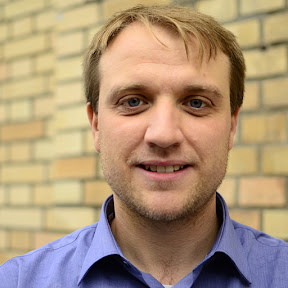F. A. Twaroch and A. U. Frank. Sandbox geography – to learn from children the form of spatial concepts. In P. F. Fisher, editor, Proceedings of Spatial Data Handling ’04, pages 421–433, Leicester, UK, 2004. [url]
———————
The goal of this paper is to propose a working methodology to revise the understanding and the communication of spatial concepts through a Geographical Information System. Their approach is to use an Algebra Based agent which follows the same implicit rules derived from developmental cognitive psychology. The author start from the theoretical ground of the theory thory, which states that children’s acquisition of knowledge is based on forming and revising theories. Within the same framework, their research assume this hypothesis: theories of space can be described by a set of axioms. It is possible to revise such a theory by adding, deleting, or exchanging axioms.
Their working agent iterates proof of the current beliefs against reality. If the current hypotesis is not verified then the agent makes use of an alternative hypothesis and test it. If no rule explains the model of reality the agent has to form a new ad-hoc rule that fits. If all rules fail and ad-hoc also do not work, the agent has to exchange its complete theory.
I wonder hom much of this cognitive strucure is applied in human reasoning. Most of the time we operate without this rigor when reasoning.
